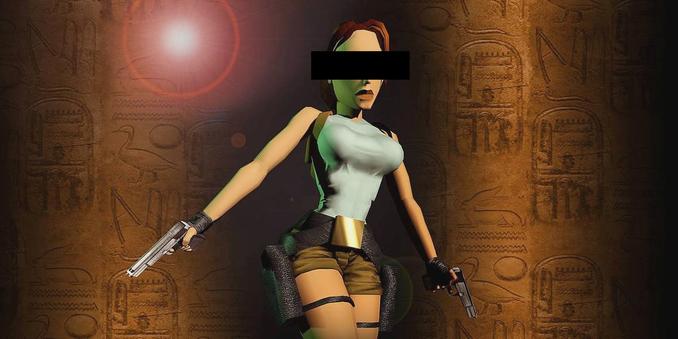These need little introduction. The forward author noted that Tom Sawyer is a children’s/teen’s book while Huck Finn is more for adults. That lands in retrospect. Tom Sawyer is a Peter Pan type, always concocting extravagant conceits for imaginary play. I’ve been there, done that, and that’s part of childhood for sure. But I walked away despising his existence — mostly due the contrast of the character arcs in HF and the return of Tom at the end of that book. Both books are adventure novels. HF is also a coming of age story, wrestling with adulthood and all the temptations and bad things men have/do. Huck’s inner compass is what ultimately redeems him. But Tom’s return in the conclusion of HF invoked my disappointment and anger and it ultimately destroys the potential of the novel. Was this intentional? Was this a commentary on the upper societal castes’ remove from the daily struggles of the poor and enslaved? Huck’s capitulation to go with Tom’s plans means our ‘hero’ does not overcome the social order. Despite his ‘friendship’ with the slave, Jim, he’s still not empathetic enough to minimize that suffering. Has the culture indoctrinated him to believe poor people follow behind the affluent; does he believe no one will believe him? Is this the dark underlayment that makes the book great? Or is that an unintended reading and Twain is simply an unserious writer? I think if Twain was conscious of civil rights, he could have used Huck as a foil for Tom’s establishment complacency. But he doesn’t So to hell with Twain, really. A dark book, indeed.
.
.
.
.
#marktwain #huckleberryfinn #tomsawyer #adventure #illinois #mississippi #slavery #fishing #graverobbing #impersonation #ex_libris_jz